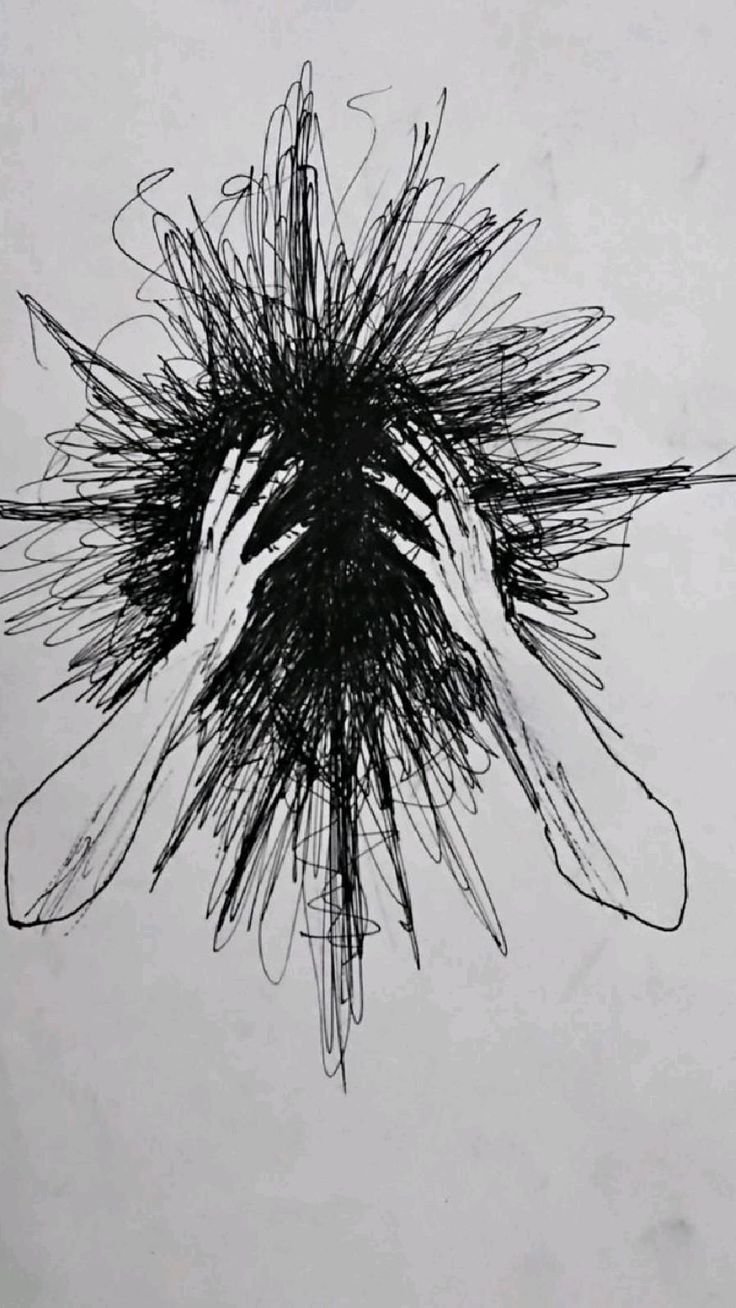Caring for your brain for Holistic Well-being
Caring for our brain has become paramount due to its significance and role in achieving holistic well-being. Humans are composed of the body, soul, and spirit, which interact through cognitive, affective, and psychomotor frameworks. The brain plays a pivotal role in these interactions, as all internal communications in humans are mediated by neurotransmitters and the central nervous system (CNS).
The brain, located within the skull, regulates all physical functions of the human body. Expert records indicate that the brain is the most intricate organ in the body, comprising approximately 86 billion active neurons that interact to form circuits and exchange information. The brain is divided into three main parts: the cerebellum, cerebrum, and brainstem.
Without the brain, our ability to think, feel, and engage in physical activities would be severely compromised. It is a vital component of the CNS, serving as the central hub for gathering, organizing, and disseminating information throughout the body. Additionally, the brain controls the body’s functions by integrating sensory information and directing motor responses.
Memory and the Brain
Memory refers to how our brain processes and stores information. The information stored in our memory, a component of the brain, can be retrieved at any time. It also involves the recall of stored information in the desired sequence. Furthermore, the brain supports the functions of the mind, including thinking, feeling, and engaging in psychomotor activities.
Studies have demonstrated that a significant portion of the population neglects their brain health, leading to various brain damages and mental illnesses that profoundly impact overall brain function. Neglecting brain care can cause substantial damage to the brain, resulting in reduced alertness and consciousness, alterations in cognitive abilities, and difficulties in performing normal functions related to movement, memory, emotions, and heartbeat. These issues pose serious challenges to humanity.
Numerous factors contribute to brain damage, including insufficient oxygen, certain diseases, traumatic situations associated with severe negative incidents and shock, and excessive alcohol consumption. Alcohol can cause brain atrophy and interfere with brain cell function and longevity. Additionally, lack of proper rest, insufficient sleep, and nutritional deficiencies can contribute to brain damage. Furthermore, severe infections around the brain can lead to amnesia (memory loss). According to the U.S. National Institute of Neurological Disorders and Stroke, symptoms of a mild brain injury may include confusion and difficulty with memory and concentration.
The brain is the cornerstone of our actions and behaviors in life. A healthy brain promotes good concentration and active memory. However, the mind is the intricate network of thought processes and consciousness that emerges from the neurological activity of the brain.
According to Nurse Kelsey Kidd, a nurse practitioner in neurology in Mankato, Minnesota, there are several strategies to maintain brain health, including regular exercise, adequate sleep, improved diet, mental stimulation through activities like playing or writing therapies, puzzles, singing, and dancing, social engagement, maintaining healthy blood vessels through increased physical activity, diet, and reduced sodium consumption to lower blood pressure and cholesterol, and avoiding smoking and alcohol. The manner in which we care for our brains by identifying and managing factors that can lead to negative emotions or vulnerability determines our mental and emotional well-being. By prioritizing our mental health, we contribute to a more sustainable and compassionate society.
Coach Ebere Amaraizu is a certified cognitive behavioral therapy (CBT) professional and U.S. IVLP Alumni. Additionally, holds the position of chairman of Rangers International FC Foundation and Lead Consultant for Cope and Live Mental Health Awareness Foundation.
If things are getting out of hand, please call us on +234 814 831 8965 or send us an Email at: info@copeandlive.foundation
